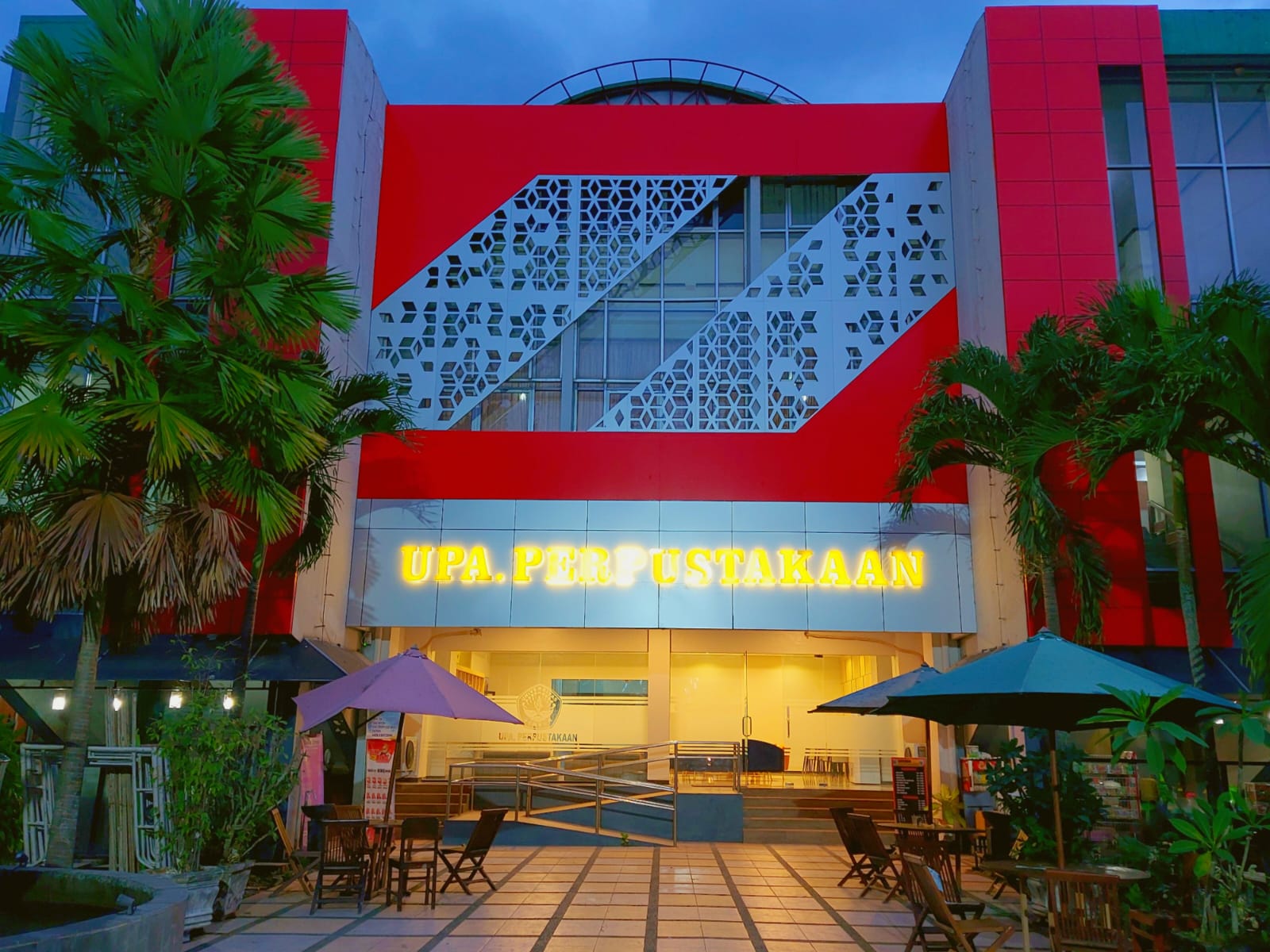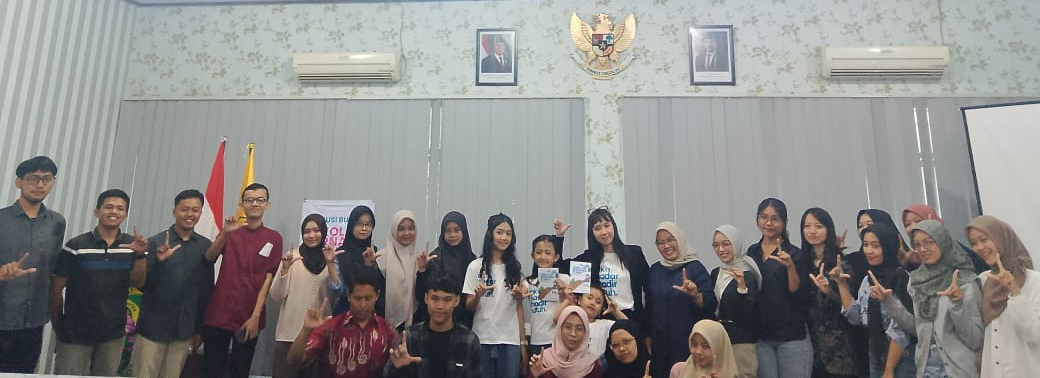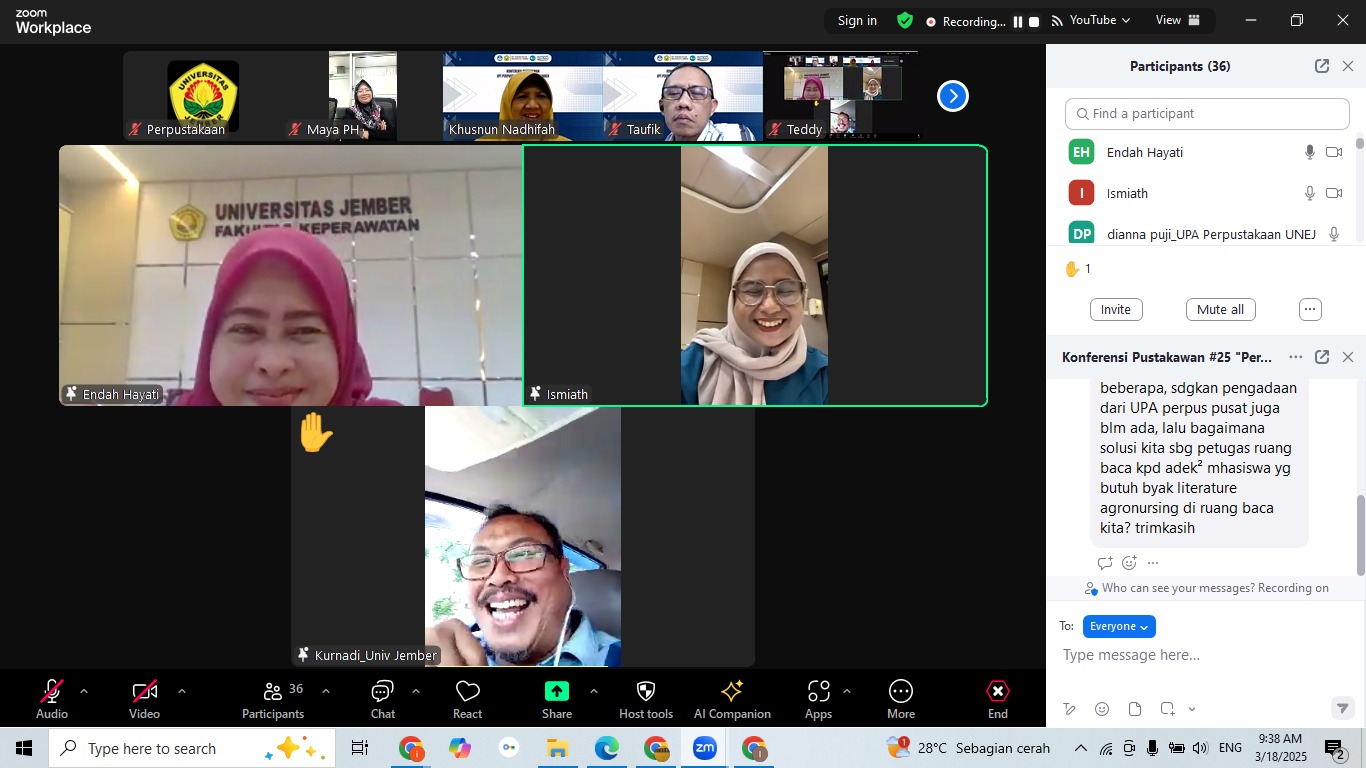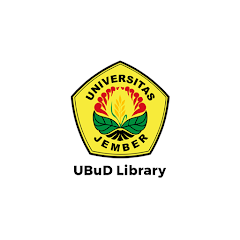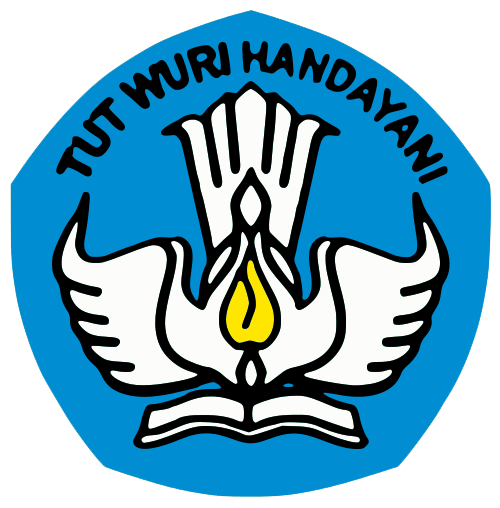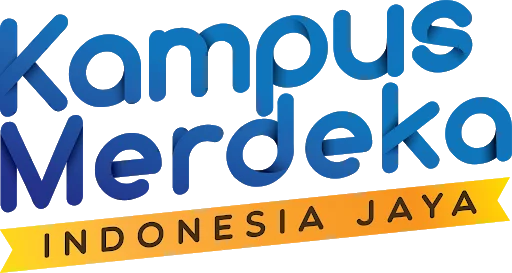Capitalization, decentralization, and intergenerational spillovers in a Tiebout economy with a durable public good
John P. Conley1 - Personal Name
Robert Driskill1 - Personal Name
Ping Wang2,3 - Personal Name

good (DLPG). We establish a Tiebout theorem (equilibrium exists and is first best)
as well as an equal treatment Second Welfare Theorem in this dynamic DLPG economy. We establish conditions, including the Small Jurisdiction assumption, under
which local provision of durable public goods results in the full internalization of the
intergenerational spillovers that durability entails. In contrast, when durable public
goods are provided by the national government, internalization does not take place and
underprovision of public goods results. This sets up an institutional trade-off between
national and local provision of public goods that balances the relative strength of
intergenerational and interjurisdictional spillovers. Our main conclusion is that while
capitalization is an effective mechanism to cause agents to internalize intergenerational spillovers, the effectiveness of this mechanism is limited by the degree to which
there are more general spillovers across jurisdictions.
Series Title
-
Call Number
-
Publisher
: ,
Collation
-
Language
ISBN/ISSN
-
Classification
NONE
Content Type
-
Media Type
-
Carrier Type
-
Edition
-
Subject(s)
Durable local public goodsDurable local public goo
Capitalization and intergenerational spillover eff
Dynamic Tiebout Equilibrium
Welfare analysis
Specific Detail Info
-
Statement of Responsibility
-
